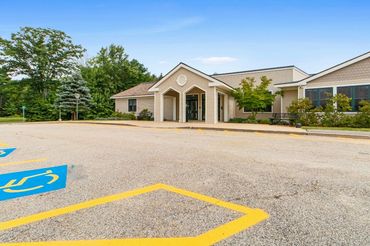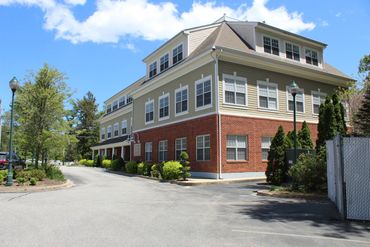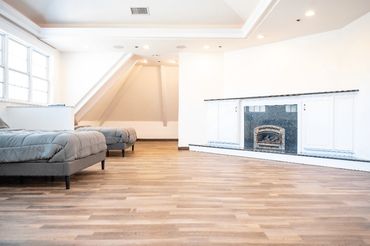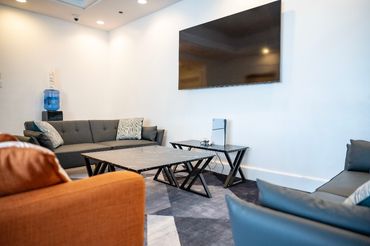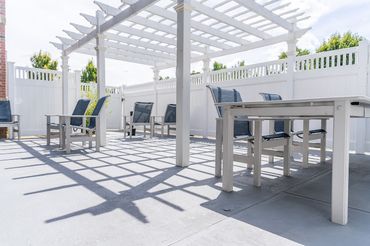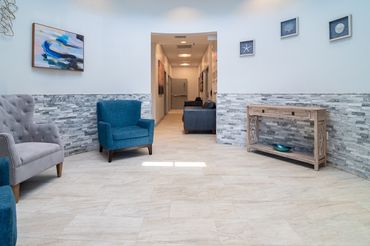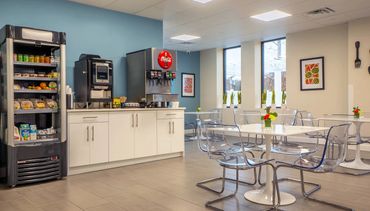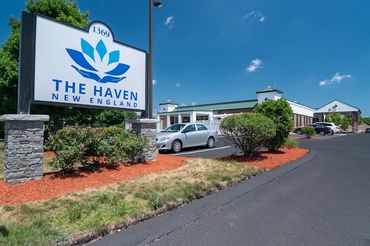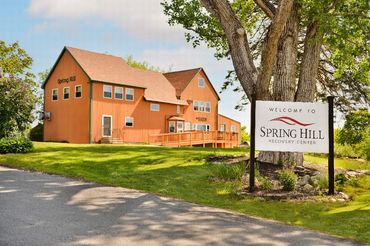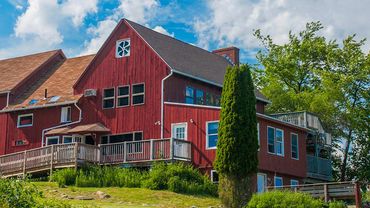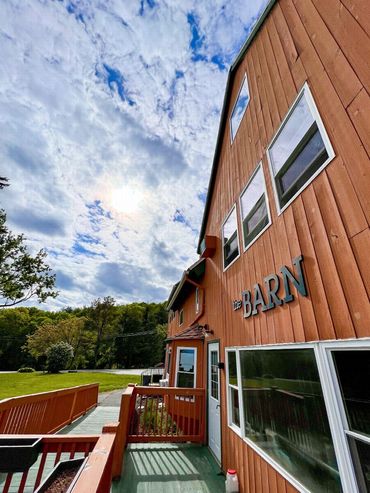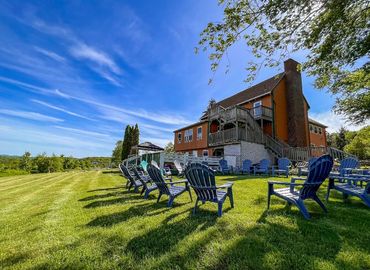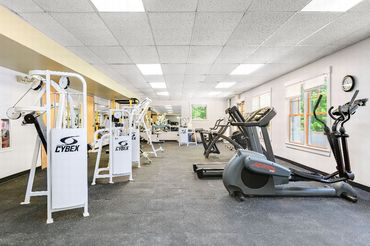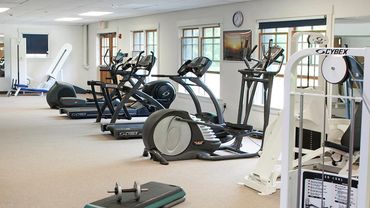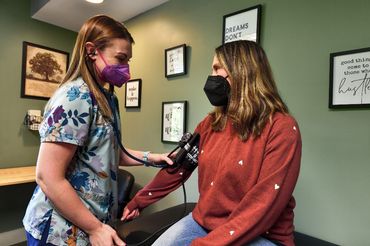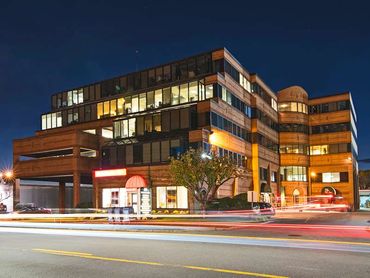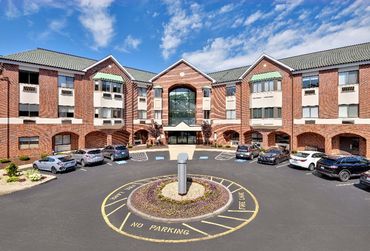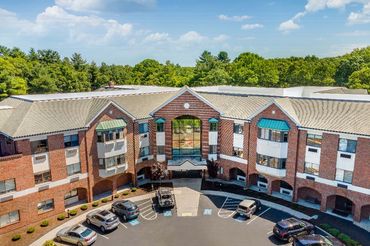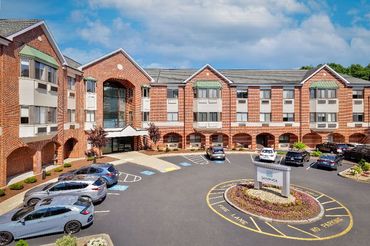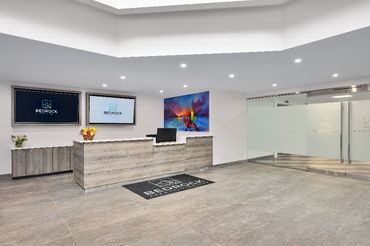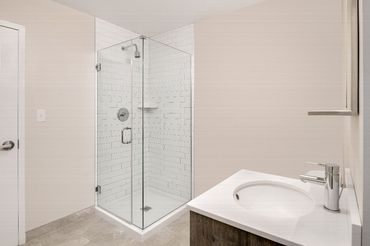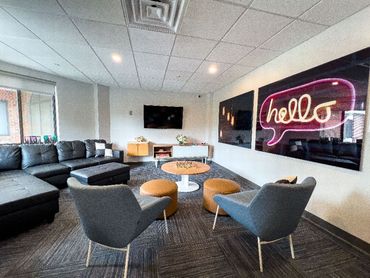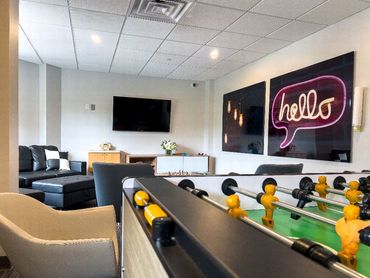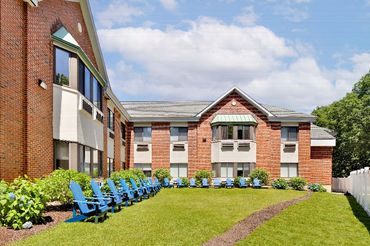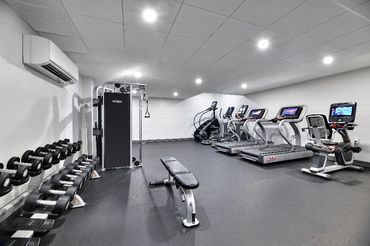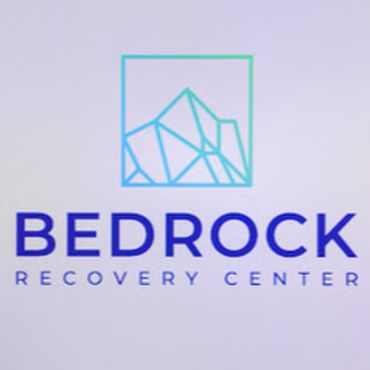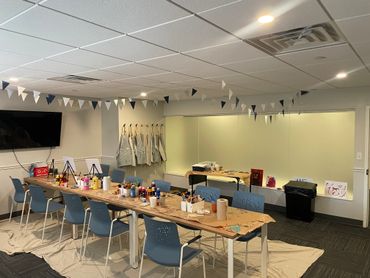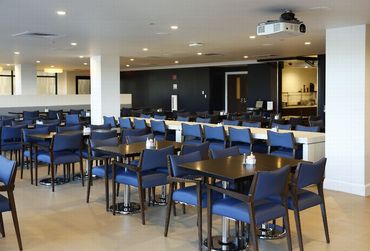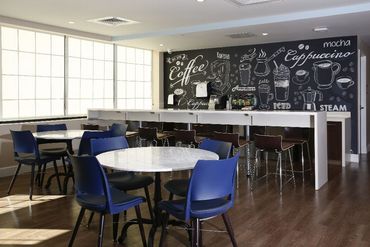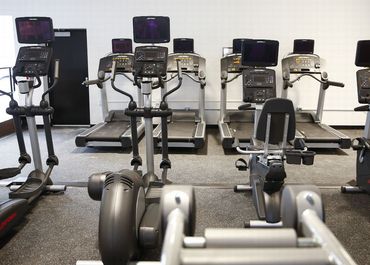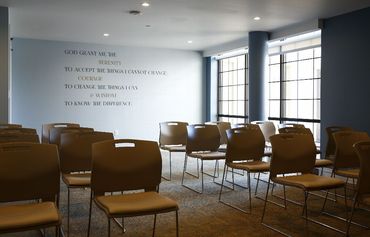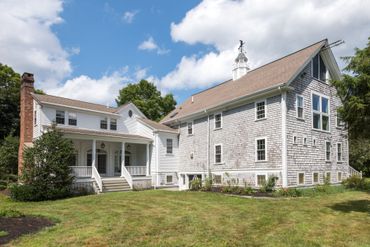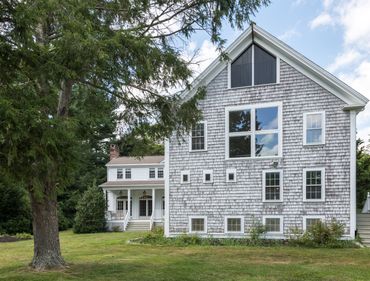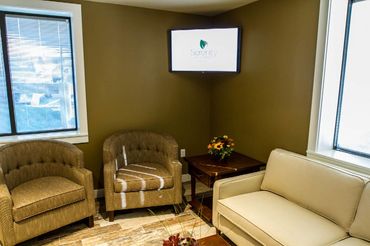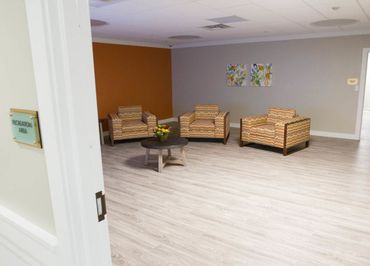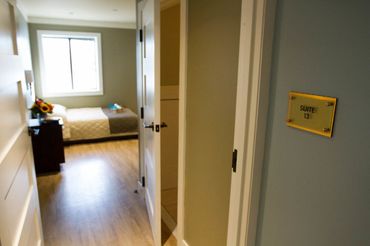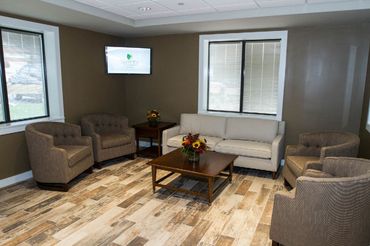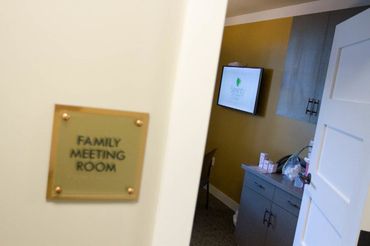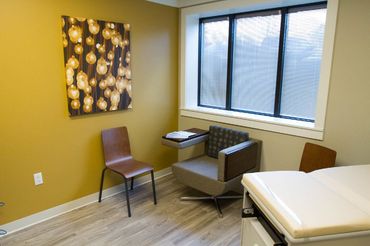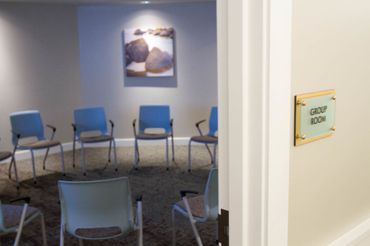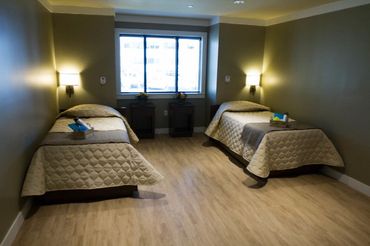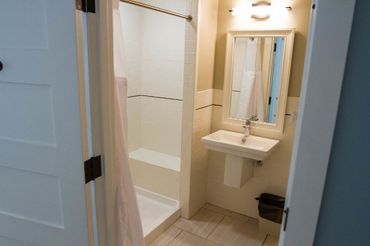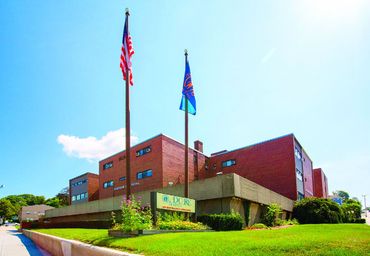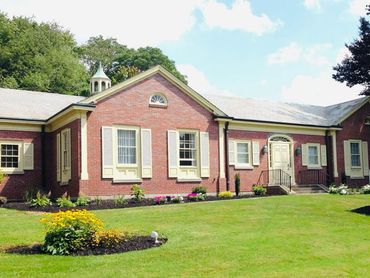
Massachusetts Inpatient and Outpatient Rehab Centers Near Me for Drug and Alcohol Addiction
If you’re looking for alcohol and drug rehab programs in Massachusetts, the following reviews may be useful in helping you choose the right treatment.
It’s important to consider your options carefully when choosing rehabs near you. Depending on the level of care you need and the types of substances being misused, top rehabs in Massachusetts may offer detox, behavioral therapy, medication management, and amenities.
Getting started on a path to recovery can feel overwhelming but you don’t have to do it alone. Addiction is treatable and help is available at Massachusetts treatment facilities. Continue reading below to learn about the top rehabs in Massachusetts, including helpful reviews from those who have personally experienced the hope that treatment can offer.
Addiction treatment centers in Massachusetts
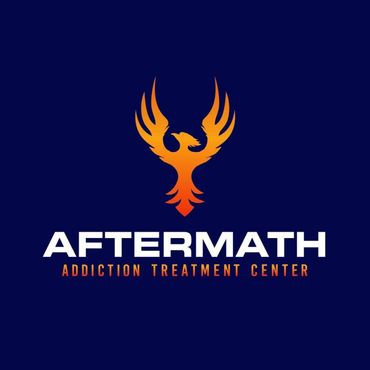
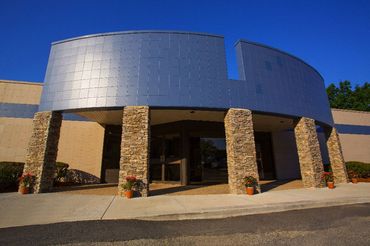
All Addiction treatment centers in Massachusetts
Are You Covered For Treatment?
- Worcester Rehabs
- Boston Rehabs
- Springfield Rehabs
- Brockton Rehabs
- Fall River Rehabs
- New Bedford Rehabs
- Holyoke Rehabs
- Framingham Rehabs
- Taunton Rehabs
- Tewksbury Rehabs
Rehab Insurance Coverage in Massachusetts
Rehab Centers in Massachusetts
Information About Rehab in Massachusetts
Latest Reviews
Latest Reviews of Rehabs in Massachusetts
Arbour Hospital
It was awful. The staff were basically babysitters of very medicated patients.
The Recovery Team - Cape Cod
I am very grateful to Team Recovery for my continued sobriety.
The Haven Detox - New England
This facility is amazing. The staff are extremely supportive and truly care about the patients. I highly recommend coming here for treatment.
Drug Addiction in Massachusetts
People across the country are battling addiction in ever-increasing numbers, and residents of Massachusetts mirror this disheartening trend:3, 4, 5
- In 2019, 19.1% of Massachusetts adults reported binge drinking over the course of one month.
- That same year, 20% of Massachusetts high school students reported driving under the influence of marijuana, up 5% from 2017.
- As of March 2019, 28.7% of patients in Massachusetts rehab facilities were treated for both alcohol and drug use disorders.
Public health officials are particularly concerned about the skyrocketing number of people misusing opioids, especially fentanyl, a synthetic opioid that’s far stronger than morphine. In 2020, there were 1,937 opioid-related deaths in Massachusetts and of those, fentanyl was present in 92%.6 Additionally, opioid-related overdose deaths increased by 5% in Massachusetts residents between 2019 and 2020.6
How to Choose a Rehab in Massachusetts
The most effective rehab programs in Massachusetts are tailored to suit the specific needs of each person. When choosing a rehab facility, it’s important to consider a variety of factors, including:
- Types of Programs. The different types of addiction treatment programs can range from detox to inpatient and outpatient programs to aftercare and sober living.
- Facility Location. Consider whether you want the addiction treatment facility to be close to home or if you want to make a fresh start in a new location.
- Amenities and Activities. If you’ll be undergoing inpatient rehab, you want to know what amenities and activities the facility offers. Many rehabs offer fitness centers, art and music activities, fresh, nutritious meals, and more.
- Substances treated. A treatment approach can vary depending upon the substance misused. That’s why many facilities specialize in treating specific substance use disorders such as alcohol or opioids.
- Treatment Costs. Health insurance may cover some of the costs of treatment. From luxury addiction rehab centers to free addiction rehab, there is help available within your budget.
How Much Does Rehab Cost in Massachusetts and Is Insurance Accepted?
The cost of addiction treatment varies based on several factors, including:
- Treatment type (inpatient versus outpatient).
- Duration of treatment (e.g. 28-30 days, 60 days, 90 days).
- Medications administered.
- Amenities and activities.
- Facility location.
Many facilities accept health insurance to cover some of the cost of treatment. If you don’t have insurance, some Massachusetts rehabs may offer other payment options, such as payment plans, loans, grants, or scholarships.
Drug and Alcohol Treatment Facilities in Massachusetts
For those who need help overcoming addiction, there is ample access to care in Massachusetts. As of 2019, there were more than 630 drug and alcohol rehab facilities in the state.1 The most recent statistics from the Bureau of Substance Addiction Services indicate that nearly 99,000 Massachusetts residents received treatment for addiction in 2017.2 Top rehab facilities in Massachusetts offer patients 30-day, 60-day, and 90-day programs, and longer-term care depending on a person’s needs.
Detox is typically an important first step on the road to recovery followed by continued treatment to support your journey. Withdrawal from substances can be uncomfortable, and in more serious cases, even fatal. In medical detox, clinicians monitor people around-the-clock to ensure that the detoxification process is as safe and comfortable as possible.
Addiction Resources in Massachusetts
For more information about addiction recovery and additional resources in Massachusetts, we encourage you to visit the sites listed below:
- Massachusetts Addiction Related Resources
- Bureau of Substance Addiction Services
- Massachusetts Substance Use Helpline
There are also free alcohol abuse and drug addiction hotline numbers you can call.
Insurance Providers
Learn more about some addiction treatment insurance providers:
Sources
- Substance Abuse and Mental Health Services Administration. (2019). National Health Services Information System Series.
- Mass.gov. (2018). Bureau of Substance Addiction Services Statewide Substance UseTrends.
- Mass.gov. (2019) A Profile of Health Among Massachusetts Adults, 2019.
- Mass.gov. (2019). Health and Risk Behaviors of Massachusetts Youth, 2019.
- Substance Abuse and Mental Health Services Administration. (2019) National Survey of Substance Abuse Treatment Services.
- Massachusetts Department of Public Health. (2021). Data Brief: Opioid-Related Overdose Deaths Among Massachusetts Residents.
Does Your Insurance Cover Treatment in Massachusetts?
Blue Cross Blue Shield: Massachusetts Insurance for Drug and Alcohol Rehab Centers
Figuring out how to pay for drug and alcohol rehab can be stressful. Fortunately, most health insurance policies cover addiction treatment. An independent licensee of the Blue Cross and Blue Shield Association, Blue Cross Blue Shield of Massachusetts can help support residents of Massachusetts with their substance use disorder (SUD).
Everyone’s recovery journey is different. Policy holders can access various services including treatment facilities, family counseling, therapists/counselors, and more through their health care coverage with Blue Cross Blue Shield of Massachusetts.1
Does BCBS Cover Drug and Alcohol Addiction Treatment in MA?
Blue Cross Blue Shield of Massachusetts supports Massachusetts residents struggling with a substance use disorder. Drug and alcohol addiction treatment services through Blue Cross Blue Shield of Massachusetts may include outpatient therapy, intensive outpatient programs, partial hospital treatment, detox, and rehab or acute residential treatment.1
You can contact a Team Blue Care Manager at Blue Cross Blue Shield of Massachusetts who can help you understand your treatment choices, coverage, and support.
